This year, I’ve been posting ‘engaging’, sometimes provocative questions in Facebook groups every Saturday. I think it might be interesting — for me and for you — to answer a few of the questions myself.
Facebook is pretty much dead as a platform where you would keep in touch with friends. In my opinion, Meta has failed as far as social media is concerned, since Facebook as well as Instagram are basically advertisement feeds, and it seems that brands mostly market their products and services to each other. (Meta seems to have realised this at least, adding features that allow you to share your posts only with certain people, like close friends. But I think this comes too late.)
That said, there’s still one feature on Facebook that does actually work in terms of connecting like-minded people and enabling deep conversations: groups. In groups, you do actually see posts about topics you’re interested in with no ads inbetween. And it is still possible to spark interesting discussions or get a sense of what people think about certain topics.
Therefore, I figured I should start posting in groups more regularly and maybe find some new followers in the process. And I’ve done so since January 2023. Here are some of the questions I posted — and my own answers to them.
Given the abundance of great games out there, is replayability even important?
The current gaming landscape sees a constant flow of new titles — where even the quality of indie games gets better and better. Replayability might indeed be overvalued by some developers.
The initial playthrough of a game often holds by far the most value for the average player. Many gamers, myself included, almost never replay any game at all!
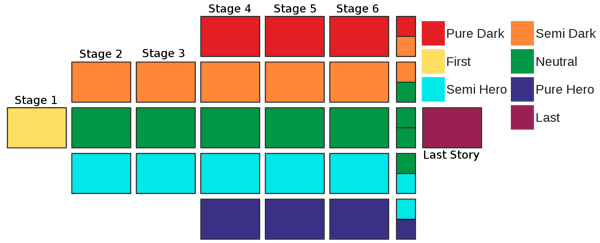
Therefore, development should focus almost entirely on creating a memorable and impactful first-time experience. Resources spent on replay value — that is, creating content that is supposed to alter a second playthrough that may or may not happen — are, in most cases, simply wasted.
Which elements in games or which aspects of game development could be very different in a few years thanks to AI?
The integration of AI in game development has the potential to revolutionise various aspects:
- Graphics and levels: AI can enhance graphics or make the creation of assets much easier. It can not only generate great pixel art, but can also be used for 3D models and animations. An AI-enhanced engine could even generate dynamic environments procedurally.
- NPC dialogue: AI can be used to generate more natural and varied NPC interactions, making the game world feel more alive and responsive.
- Music and sound: AI could compose music and even adapt scores dynamically depending on the situation the player is in.
- Balancing: AI can continuously analyse gameplay data in order to adjust various aspects of the game. An AI-based real-time balancing would ensure a challenging, but fair experience for players of all skill levels throughout the entirety of the game. It could be extremely useful in JRPGs, but also in multiplayer environments.
I’m sure there will be more advancements in game development due to AI. I think it won’t be too long before anyone can create their personal game. It will be a strange world to live in. I do hope that some people would still be willing to experience the visions of others.
What’s the best controller ever created? It’s the GameCube controller, right?
The GameCube controller stands out as a remarkable piece of design in the gaming world, I’d say. Its most distinctive feature lies in the uniquely shaped main buttons that offer tactile feedback, making it intuitive to navigate without ever looking down. While this is especially useful for inexperienced players, it doesn’t have any disadvantages whatsoever for veterans — quite the contrary: There’s something special in connecting different character actions on screen with different shapes felt beneath your fingertips.
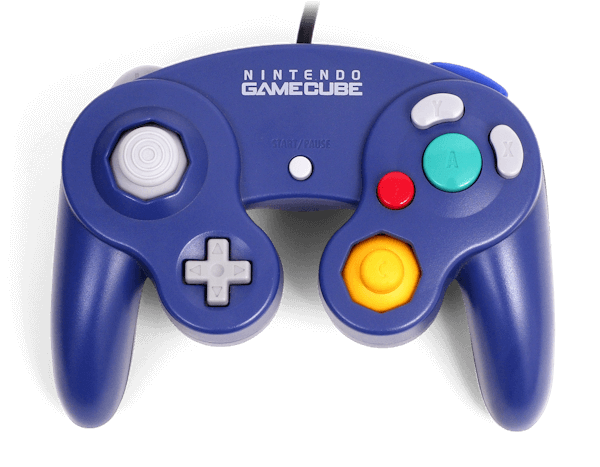
You can say what you want about how the controller looks — in my opinion, it looks cool —, the design philosophy clearly prioritises functionality and user experience as it should. This is something that’s surprisingly overlooked in many modern controllers. It’s perplexing that even Nintendo themselves haven’t consistently followed this philosophy in subsequent designs. I really wish they would bring it back.
There’s also a reason why the GameCube controller is still regarded as the best controller for a game like Smash Bros. Namely, that the buttons are pretty close together, making it easier to pull off combos. To some, the controller feels like ‘ergonomic perfection’, and I tend to agree with that statement.
Why are very long games even a thing? Doesn’t it take players off the market while they’re playing?
Exceptionally long games do raise questions about the impact both on player engagement and market dynamics.
In my blog article from March, I argued for the importance of precision in storytelling. A compelling plot is essential, but it shouldn’t be diluted with unnecessary filler content. Games should be as short as possible without compromising their core elements. This approach respects the player’s time and keeps the gaming experience focussed and rewarding.
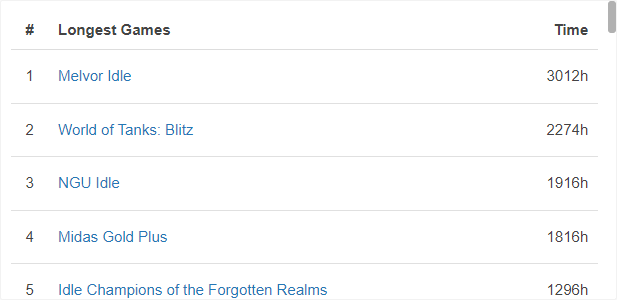
Lengthy games have their audience, but they can monopolise a player’s time, potentially deterring them from exploring other titles (see the question above about the abundance of great games). This is especially true if the target audience consists of older players who almost always have a number of responsibilities and don’t want to spend 60 hours on the same game just to see the conclusion of its story.
Where should Final Fantasy continue its experimental/innovative approach, where return to old ways?
Regarding the future direction of Final Fantasy, there’s a compelling case for returning to turn-based combat — of which the CTB system seen in Final Fantasy X would be my favourite for sure. This return would honour the roots of the series and no doubt please many fans who have grown up with the strategic depth of this style of combat that was, at least to a large extent, lost in later games.
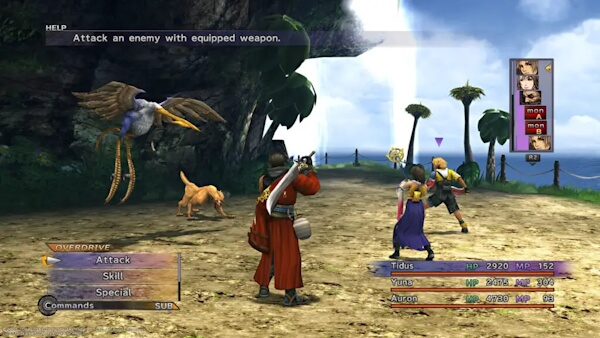
However, as far as other aspects of game design are concerned, Final Fantasy should continue innovating. That is what sets it apart from the always-traditional Dragon Quest, after all.
Do you like scantily clad female characters in games or do you find designs like that inappropriate or problematic?
I see nothing problematic in regards to such designs. (In fact, I find the word ‘problematic’ a little problematic, and I’m not alone.) I think it’s important to offer diverse options that cater to different tastes, including those who appreciate sexier or, on the other hand, more glamorous or conservative appearances. This approach actually aligns with contemporary trends that emphasise player agency and inclusivity, doesn’t it? There should be nobody complaining.
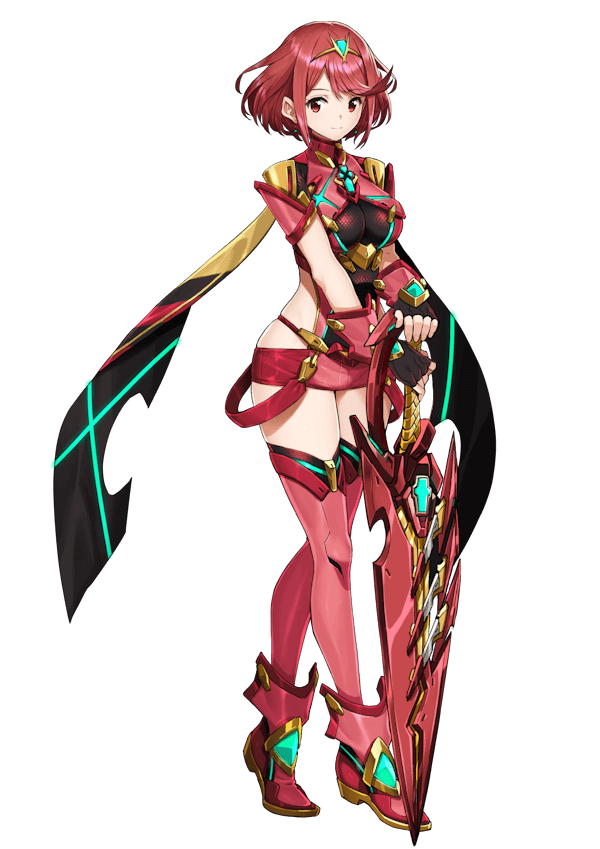
Besides, correct me if I’m wrong, but haven’t studies shown that even most women prefer to look at female bodies? I mean, that wouldn’t be surprising, would it? And hasn’t some female player tweeted something along the lines of ‘In a game, I want to be a badass heroine slaying monsters while looking hot’? Which is also a totally valid and quite understandable position to hold.
Are video games art?
If music alone is art, how could games not be? They contain music, after all. Well, most of them at least.
Wittiness aside, yes, of course games should be considered art. They are the result of creative work and expressive of the creator’s taste. This is not an extensive definition of art, but in my view, these criteria are enough for categorising games as such.
That said, there’s the same spectrum we find with other forms of art that spans from entertaining art to serious art. While I would argue that a game like Illusion of Time is art on par with the best works of literature or film, I can’t really say the same about Super Mario Bros., even though the latter also contains pixel art (which very effectively uses the limited size sprites could have) and music (which is very catchy and memorable). The intention for Super Mario Bros. to be taken seriously by society as a reflection of itself just isn’t there. That doesn’t disqualify it as art, it just moves it closer to the entertainment side.

Yeah, it’s complicated and difficult to put into words. But I think most of you will understand my argument nonetheless.
Does the success of an indie game have more to do with marketing budgets, connections and luck than with the quality of the game?
Sometimes.
But to be honest, I’m not sure why I phrased the question exactly like that. Why did I ask about indie games specifically? There are many bad AAA titles that have been promoted to such an extent that they sold very well despite the lack of quality.
On the other hand, there are probably hundreds of indie titles that would deserve way more attention that they could ever manage to gather without some once-in-a-year event where things go viral for no clear reason.

In this regard, games are not that different from books, films, music et cetera.
So, if you really love games and want to find your next hidden gem that you cherish beyond reason, you should make an effort to look past the coverage of large YouTube channels or webzines and check out indie games recommended in specialised Facebook groups or obscure forums. Or do your own research and write your own reviews — indie devs will appreciate it! I promise you that it will be worth it for yourself as well.
Do you prefer ATB (gauge filling up, like in FFVII) or CTB (turn order displayed, but can be influenced, like in FFX)?
This one’s easy: CTB. While ATB gives battles some kind of real-time feeling — especially with active mode, which I, personally, hate, though —, I prefer the strategic aspect of a CTB battle system. Especially if it features various ways of influencing the turn order.
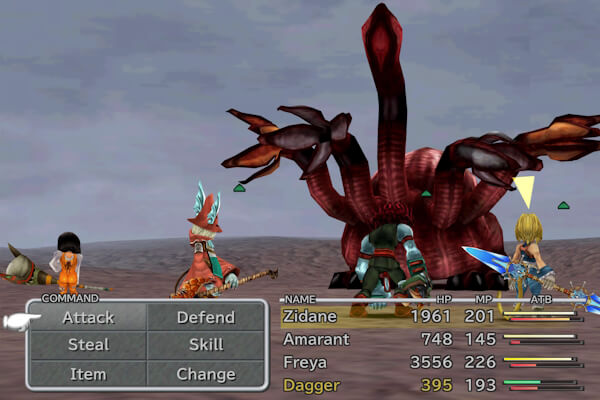
I know what you’re going to ask now: Why does Wildsilver feature an ATB then instead of a CTB? To be completely honest, part of the explanation is that RPG Maker MZ has an ATB by default, and when I started working on the game, that was my only option. That said, I think with the claw-wielding Velven as the protagonist, an ATB is more fitting. The title Wildsilver also suggests at least an ATB, don’t you think?
Are there too many Pokémon? How should the growing number be handled in new games?
There are, in fact, too many Pokémon. But there’s no simple solution to this problem. You can’t just remove Pokémon from the ever-growing pool. Everyone has their weird favourites.

What you could do, though, is limit the number of Pokémon in each game. I understand that you need to provide a way for players to complete their Pokédex without buying every single Pokémon game there ever was. However, I think options to catch some(!) ‘legacy’ Pokémon should be exclusive to remakes. New Pokémon games should only feature the new Pokémon in order to recreate the feeling of ‘catching ‘em all’ that was very prevalent in the first generation and then developed into a task way too time-consuming for the average player to even attempt.
***
And that’s it! 10 Facebook questions answered. I might add more — if you ask some questions in the comments below. Let me know what you’d like to know!
